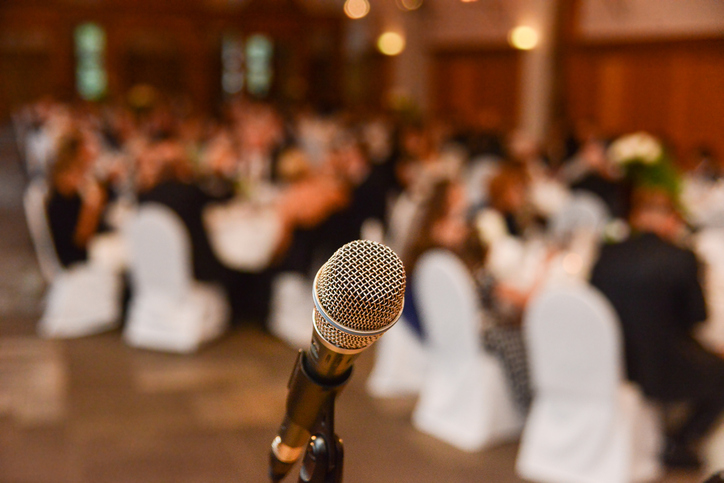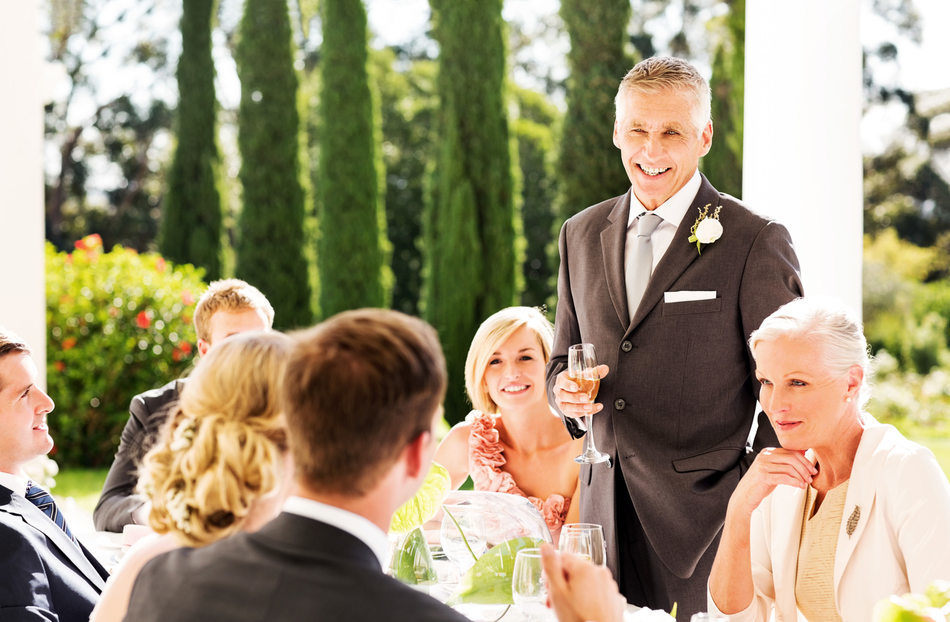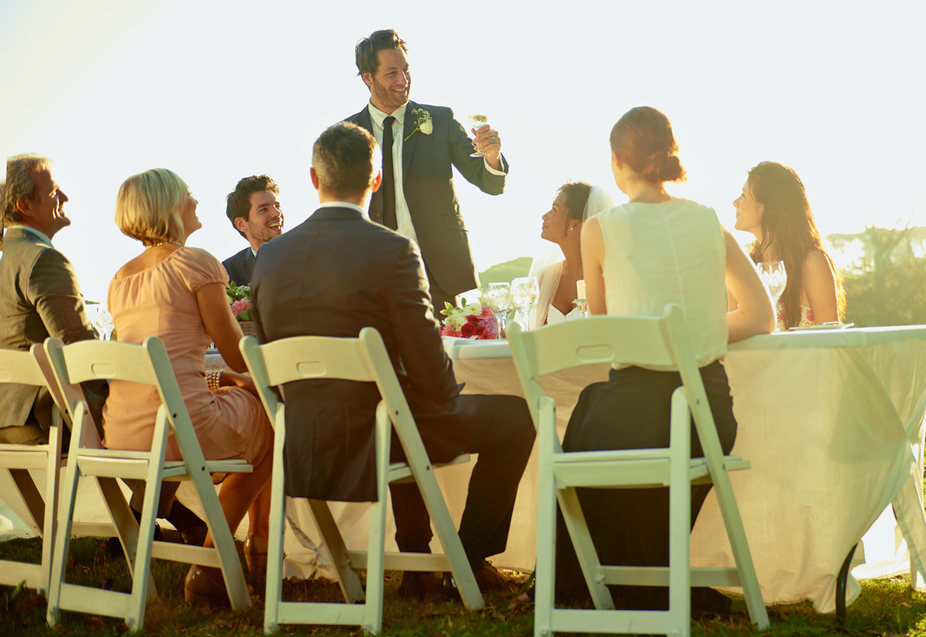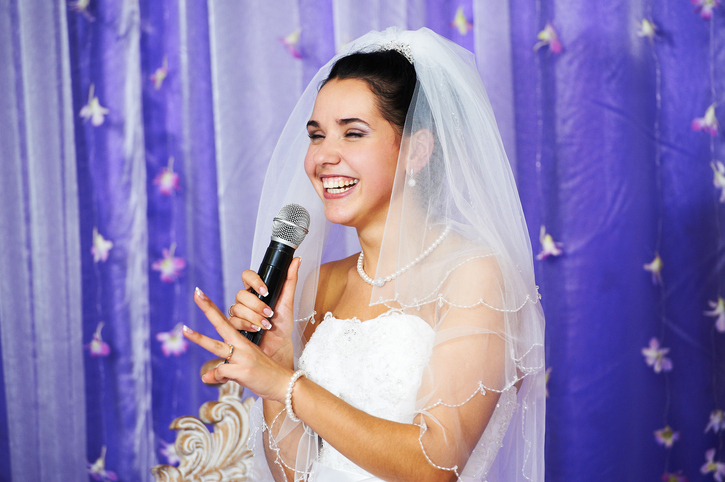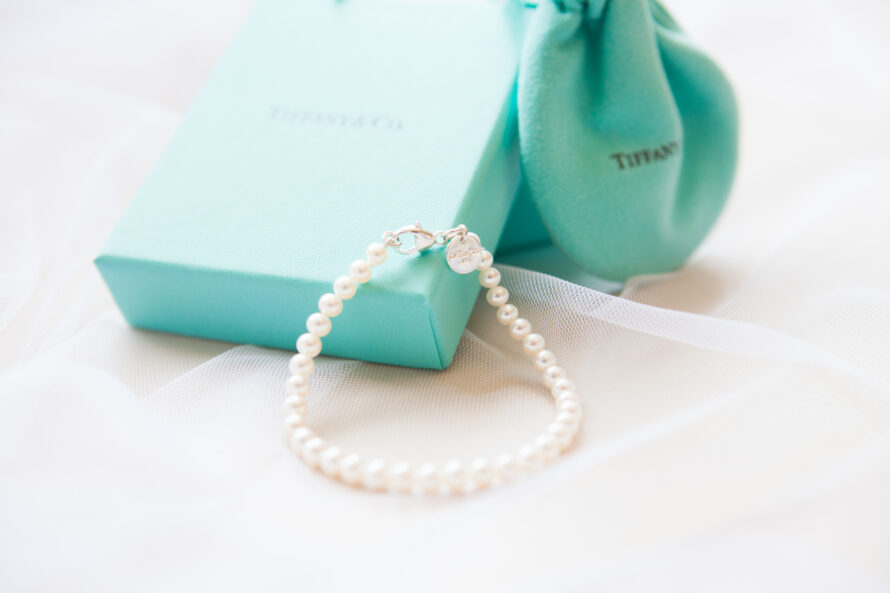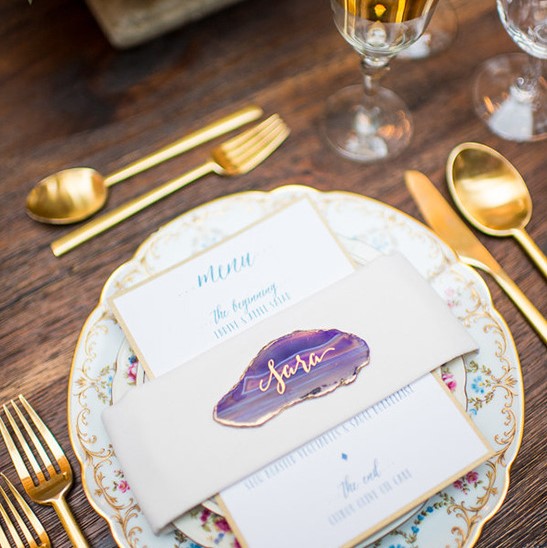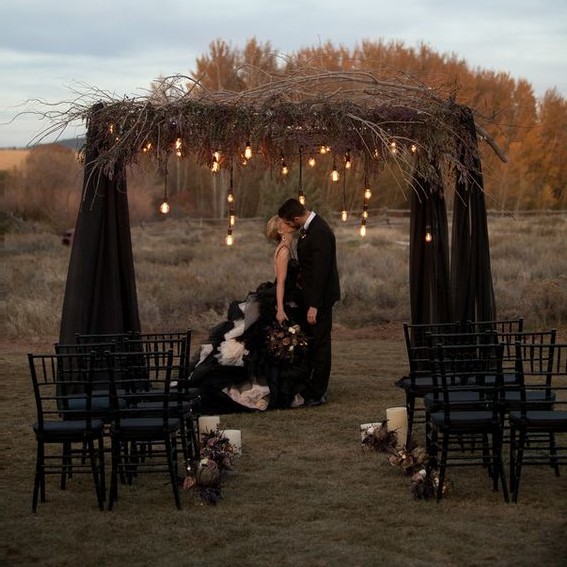Wedding speeches are an important part of your day. An opportunity not only to thank your guests and toast your happiness but to mark the importance of the occasion by preparing something meaningful to say. At the same time too long, too dull or simply too many speeches can switch guests off and become painful for those on the top table.
Although many traditions surround wedding speeches, there are no hard rules about who should and shouldn’t speak. We have gathered together some advice on balancing the perfect number and length of speeches to enhance your wedding day.
Who should speak?
Traditionally speeches would be given male members of the wedding party but increasingly the bride and maid of honour are making their voices heard at the wedding breakfast. Essentially, you decide as a couple what makes sense for you but these are the most likely people to give a speech on the day.
The father of the bride
The father of the bride traditionally opens the speeches, giving thanks to the guests for attending and welcoming the groom into the family. He may mention relatives or friends who can’t be there on the day and if the bride’s father isn’t able to be there an older male friend or family member normally takes on this role.
The father of the groom
The father of the groom normally gives a similar if somewhat shorter speech than the father of the bride. He will welcome the bride into the wider family and may celebrate the joining of the two wider families through the marriage.
The best man
The best man will usually complement the bride and the bridesmaid while telling a handful of stories, that should be humorous but not too off colour about the groom! Tradition holds that the best man is the first to toast the happy couple but often each speaker will now raise a glass to the bride and groom.
The maid of honour
The chief bridesmaid or maid of honour could talk about her relationship with the bride, thank her for asking her to be maid of honour and raise a toast to the couple. She can return the compliments of the best man and thank the groomsman for their involvement in the day.
The bride
The bride will normally thank guests for attending and for gifts given while recognising the support of members of the wedding party. She will usually talk about the groom and express how it feels to now be a married couple, she could raise a toast to him.
The groom
The groom normally rounds out the speeches by complimenting his beautiful new bride and thanking guests for attending. He may distribute gifts to recognise the help and support of members of the wedding party. A final toast will be made to the bride and this usually signals the close of the wedding breakfast and signals the start of the evening reception.
Anyone else?
Of course! If you have someone who is important in your life but doesn’t fit the criteria above then involve them in any way you feel fits into your day. It may be a grown-up child, sister or close friend that you would love to speak at your wedding. Equally, not everyone in the list above needs to be involved, find your own balance. Remember, though, more than 5 or 6 speeches can feel very long to your guests so if your planning lots, keep them short and sweet!
How long should speeches be?
If you’re having 2 or 3 around 8 minutes is about right. The more speeches you have the less time you should allocate and speeches of around 2 minutes can be just as meaningful as longer ones without taking up a huge chunk of your wedding breakfast. Trying to keep all your speeches to less than 30 mins, no matter how many you have is a good rule of thumb.
Is there anything else to consider?
A master of ceremonies can help organise the order of your speeches and provide a short introduction to each speaker. This can help the speeches flow more smoothly and prevent any one speaker stealing the floor for too long. You should also as ensure everyone has a charged glass, preferably of something fizzy as the speeches begin so that toasts can be properly made.
Finally, not everyone chooses to have speeches at their wedding and that’s fine too. For some people, public speaking is an anxious process that doesn’t feel like the right fit for a happy occasion. Whether you choose to have ten speeches or none at all, find a balance that works for you.
